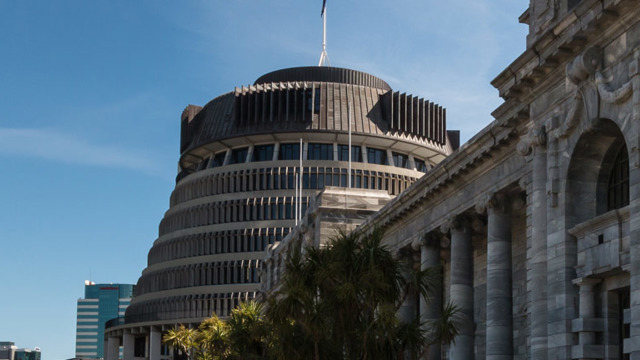Matter of Opinion
Tomorrow Comes the Song?
In its almost two years holding the reins of power, the coalition Government has embarked on an ambitious agenda of legislative reform, promising to modernise critical regulatory frameworks and "unleash" economic potential. From replacement of the Resource Management Act 1991 (RMA) to implementation of Local Water Done Well (LWDW), sweeping revisions of the Public Works Act 1981 (PWA), modernisation of the overseas investment framework, and amendments to the building consent system, the rhetoric has been resolute: regulatory change will pave the way for prosperity in New Zealand.
The scale of legislative ambition has been impressive. The politically salient question is now being asked - when will it deliver the promised economic growth?
For example, central to the Government’s growth programme has been the overhaul of the RMA, long critiqued as cumbersome, bureaucratic and an impediment to development. The new framework, designed to streamline consenting and approval processes, was heralded as a catalyst for housing, infrastructure and investment.
However, the devil is in the detail, and it is not clear that the detail is enabling development as quickly or efficiently as promised. For example, at the date of publication:
- Only one fast-track project under the Fast-track Approvals Act 2024 has been approved. The initial application was lodged on 7 February 2025 (which was returned) and re-lodged on 10 March 2025. Approval was granted on 21 August 2025, i.e. five months after the application was accepted.
- The two new pieces of legislation to replace the RMA have not yet been introduced.
- A change to National Direction under the RMA has been consulted on, including for infrastructure and urban development, but not yet implemented.
Meanwhile, the LWDW legislation has resulted in councils entering Game of Thrones-like machinations to forge the binding coalitions preferred by the Minister to deliver water services. However, it seems 27 councils are set to go it alone, either because they cannot find like-minded partners or because there is strong council or public appetite to retain local political control. Questions are now being asked as to whether this programme will deliver the cost efficiencies to ratepayers on which it was premised.
Changes to the PWA were enacted last week and should accelerate land acquisition for critical infrastructure projects derived from the Fast-track Approvals Act 2024 and Roads of National Significance. Combined with new legislation to implement changes to the building consent regime (expected to be introduced early 2026 and discussed further in In the news), the potential for more efficient development processes is clear. What is not clear, however, is that the New Zealand public will see the impact of these reforms felt anytime soon. The pressing question for government is will the promised benefits arrive in time to give National and its coalition partners any breathing space heading into the 2026 election period.
All of this, of course, plays into the looming referendum question of the 2026 General Election on the Parliamentary term given one of the key arguments for a four-year term is around creating a political incentive for longer-term and strategic decision-making.



